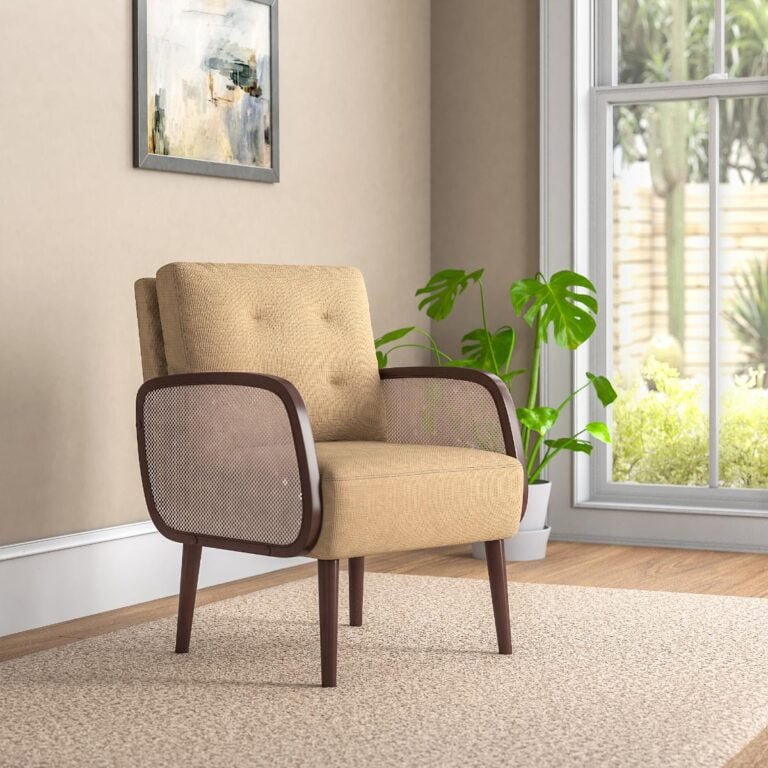Premium 3D Furniture Rendering for Impressive Showcases

In today’s competitive furniture market, captivating visuals play a critical role in attracting buyers and boosting sales. 3D furniture rendering provides brands with an impactful method to highlight designs in photorealistic settings, giving buyers a clear and immersive view. Using modern 3D rendering, companies deliver visuals with accurate textures and finishes so buyers can imagine products in their homes or offices.
How 3D Furniture Visualisation Works
3D furniture visualization is the process of using computer-generated imagery (CGI) to create realistic models and renderings of furniture items. The renders reveal details like fabric patterns and wood grain, offering a realism that standard photography rarely matches. Displaying furniture in thoughtfully designed digital settings allows customers to visualise products in real-life spaces.
The Value of 3D Visualisation in the Furniture Industry
3D visualisation helps brands produce premium imagery efficiently, vital for websites, catalogues, and ads. Unlike photography, which needs prototypes and studios, 3D visuals are built before production, lowering costs and saving time. Easily customisable visuals make 3D renders perfect for digital shops, brochures, and marketing materials.
Leveraging 3D Visualisation to Stand Out in the Market
Companies rely on 3D renders to design marketing content that draws attention in competitive arenas. Photorealistic renders can be used across websites, social media, brochures, and advertisements to showcase furniture in various lifestyle settings. By providing a clear and attractive view of the product, these visuals increase customer engagement and build confidence in purchasing decisions.
Showcasing Furniture in Realistic Scenes for Impact
A major benefit of 3D rendering is displaying furniture within lifelike lifestyle backdrops. They present furniture in curated rooms with matching 3d Furniture Visualization décor and lighting, helping buyers visualise a full look. This strategy creates an emotional link that helps capture buyer interest and spur sales.
The Creative Flexibility of 3D Furniture Rendering
Compared with standard photography, 3D visualisation provides far greater adaptability. With 3D, designers try different finishes and layouts without physical models. With this flexibility, companies appeal to multiple preferences while staying true to their style standards.
Why 3D Renders Are More Affordable Than Photography
Photoshoots for furniture frequently require costly prototypes, studio time, and transportation. 3D rendering cuts expenses by removing sample requirements and offering simple edit options. Brands can create high-quality product visuals at scale, making it a more efficient and affordable option for expanding marketing efforts.
Using 3D Visuals to Enhance Digital Shopping Experiences
With furniture sales shifting online, 3D visuals help brands build credibility and trust. Interactive renders showcase products comprehensively, guiding informed customer decisions. This level of detail reduces return rates and improves overall customer satisfaction.
Accelerating Furniture Launches with 3D Visualisation
By creating renders before production, companies cut down timelines and speed up launches. This speed lets brands debut collections and seasonal content faster than rivals.
Maintaining a Cohesive Brand Identity Through 3D
3D visualisation allows brands to maintain stylistic coherence across catalogues, e-commerce, and ads. Brands utilise 3D renders to project a cohesive aesthetic across channels, strengthening identity.
The Rising Popularity of 3D Visuals Among Furniture Companies
Amid intense competition, furniture companies embrace 3D visuals to gain an edge. Because it delivers realistic, adaptable, and affordable visuals, 3D rendering appeals to brands seeking better presentations and sales.
Why Furniture Companies Should Invest in 3D Renders
Manufacturers, sellers, and designers treat 3D rendering as a crucial asset for powerful product showcases. Its realistic detail, adaptable formats, and cost benefits allow brands to strengthen marketing and customer engagement. For catalogues, digital shops, and ads, 3D renders make products stand out and perform better in competitive arenas.